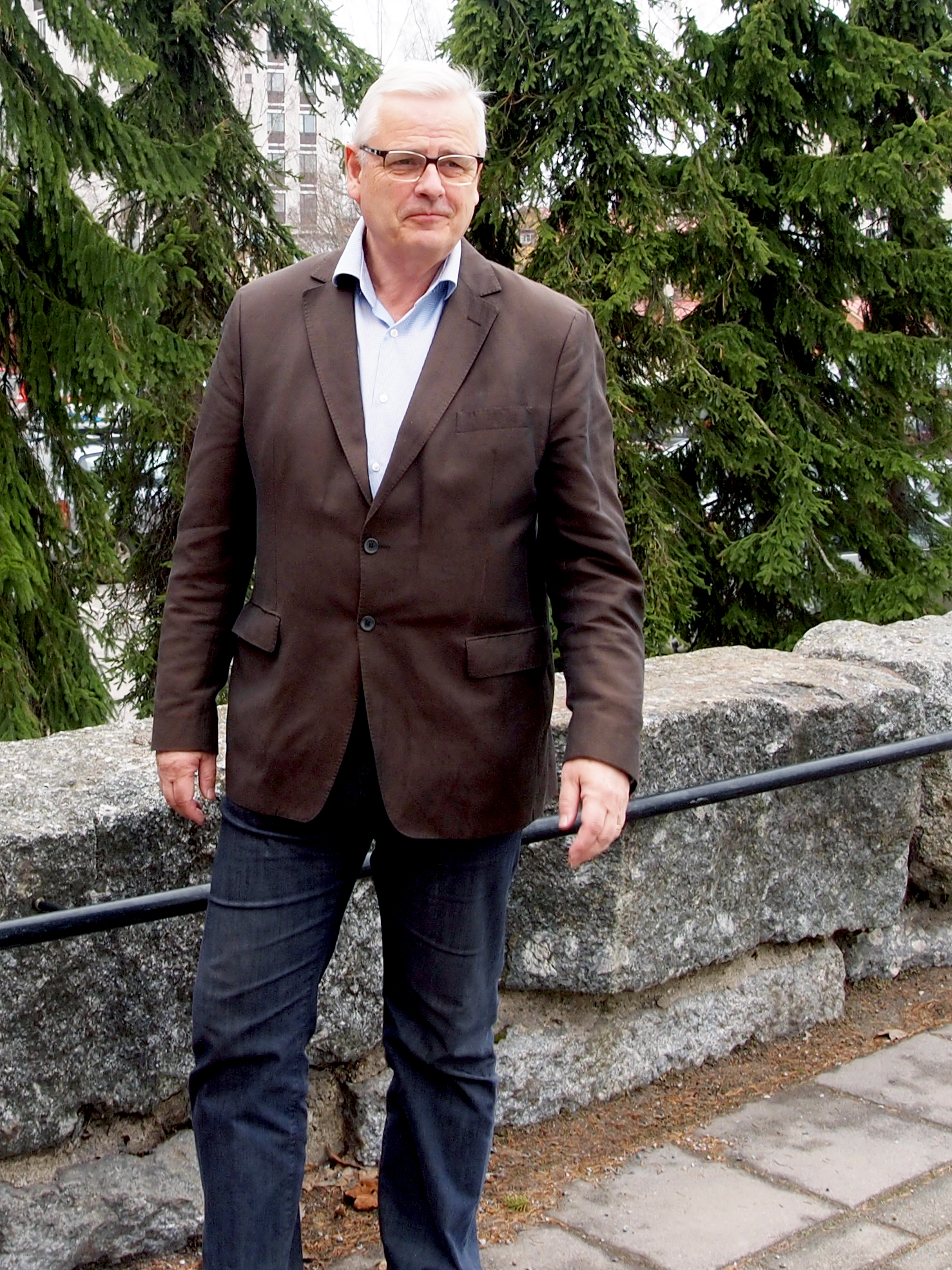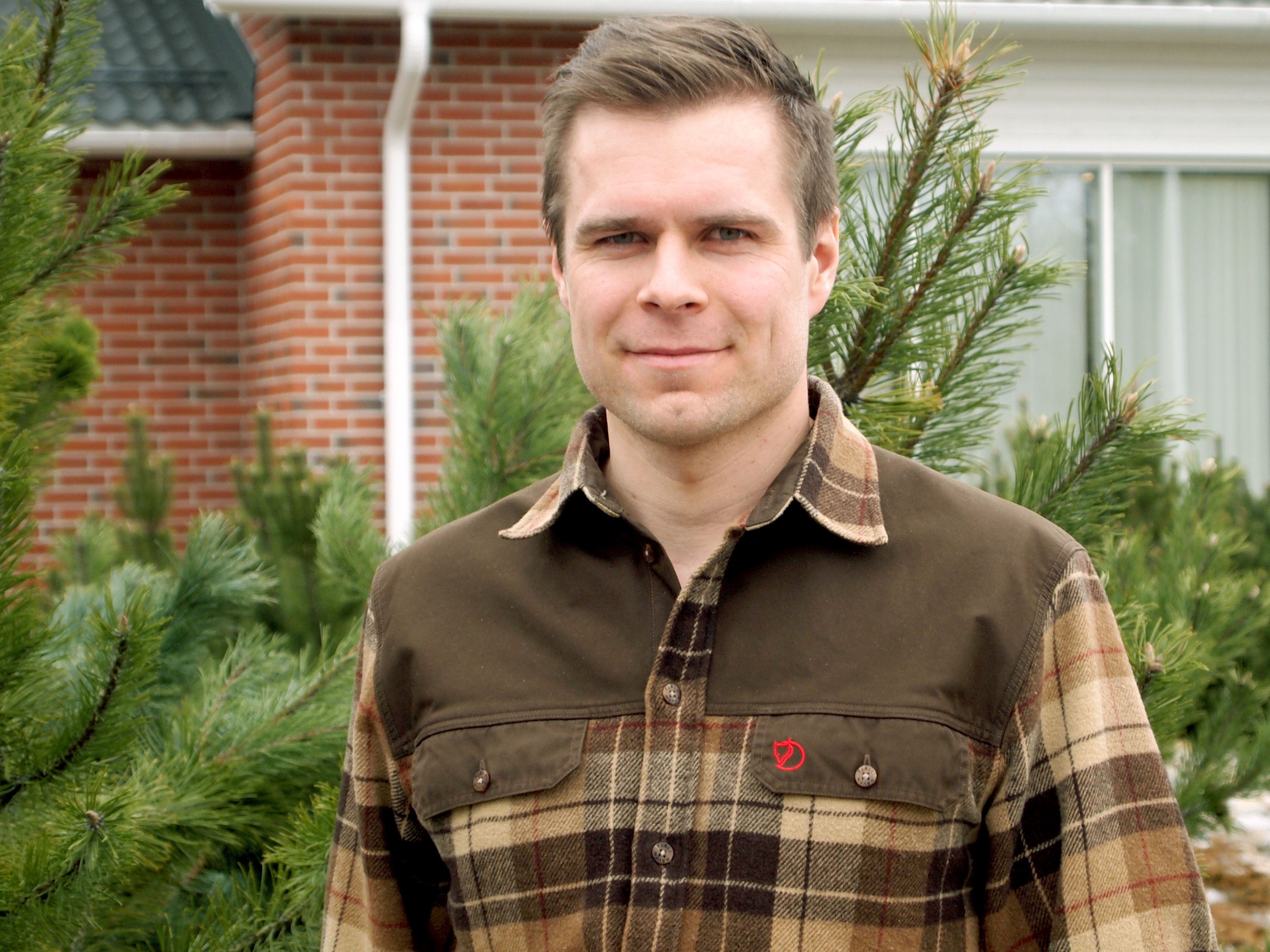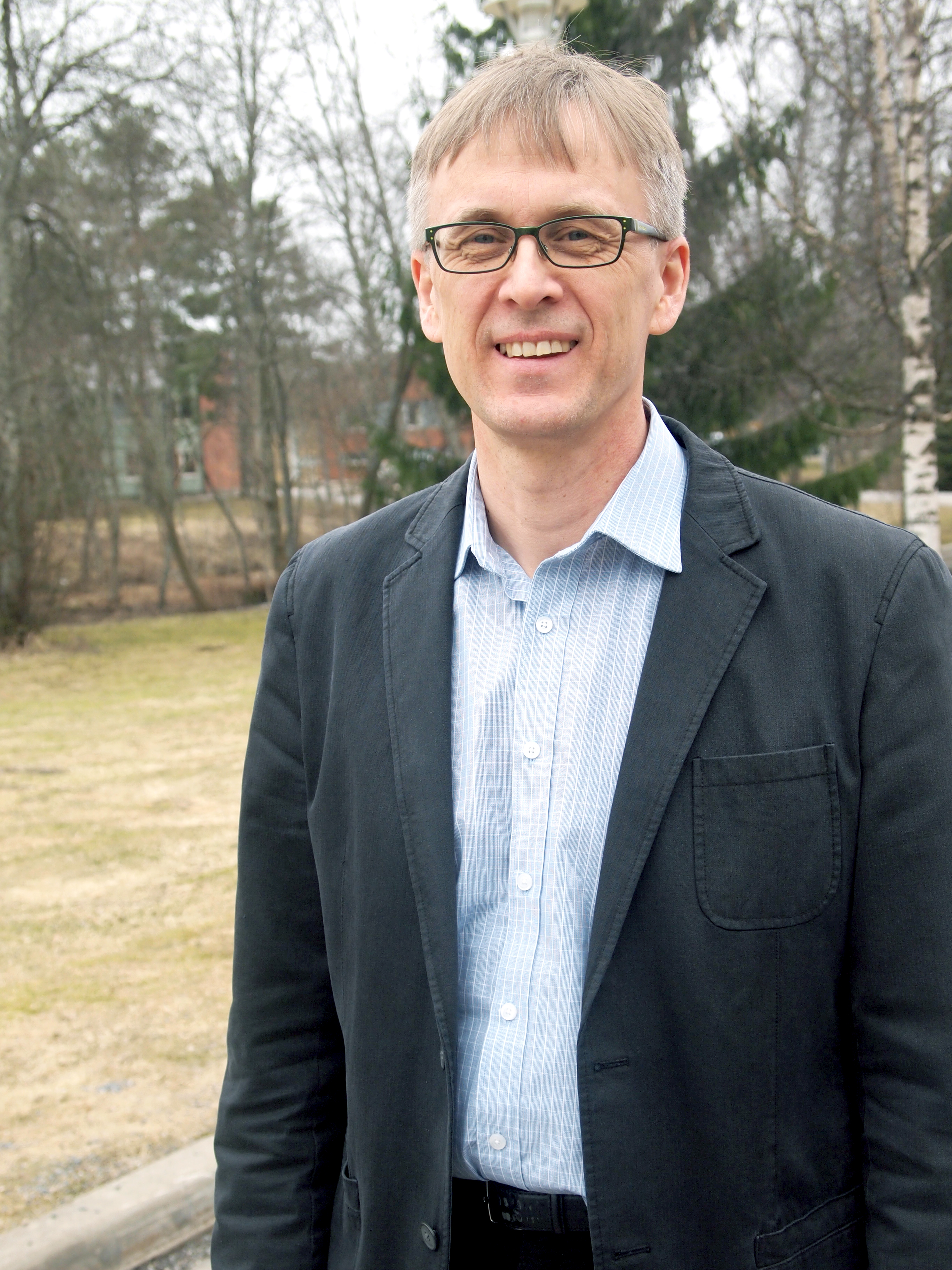Support to create business models for wood product industries

The University of Vaasa is setting up a project to develop the wood construction business. One of the bodies providing funding for the project is the Finnish Forest Foundation.
The Foundation’s fundraising campaign for the project started on 1 April and will continue for a year. During this time, all funds raised in the regions of Central and Southern Ostrobothnia as well as the coastal areas around the city of Vaasa will be channelled to setting up a Chair of wood construction businesses.
The chair will be located at the Faculty of Business Studies of the University of Vaasa. Ten percent of the funds accrued will be used to cover the Foundation’s administrative expenses.
There are many stakeholders behind the project, mainly from the nearby regions. A significant number of them consist of small and medium-sized wood products companies, in addition to sawmills and prefabricated house businesses.
The objective is that in the future, thanks to the work of the new professor, an increasing share of timber from the area would also be processed there to as high a level as possible. Still, the results will not benefit the regions around Vaasa alone.
”Whatever skills or know-how the new chair generates, everyone will be able to make use of them,” says Mr. Martti Laaksonen, Professor at the University of Vaasa Faculty of Business Studies. Above all, the objective is to support large-scale wood construction activity, such as blocks of flats, schools, industrial buildings and bridges.

Rapid kick-off feasible
The chair will be established in short order. According to Laaksonen, the recruitment process will start during this spring, and the goal is that the professor could begin work in January 2016.
What can be achieved with the money will largely depend on how much can be raised. There is an evident and gaping lack of know-how on how to commercialise and brand business ideas and services, and how to market them, in the wood processing industries, and the need is greatest as regards exports know-how.
On the other hand, exports are essential for the Finnish wood products sector: even if all buildings in Finland were to be constructed of wood, they would only take up a fraction of the logwood yielded by our forests.
Financing for the project is provided by several bodies: associations and companies promoting higher education and business development in the area, wood product businesses, the City of Seinäjoki and the University of Vaasa.
In practice, the aim with establishing the chair is to create projects to develop business and marketing models. Each project will raise the necessary funds independently.
And what can we expect to have gained at the end of the five-year period the chair is set up for? ”This is up to the professor and what comes up in the course of the work. There’s no way to know exactly,” says Laaksonen.
A steering group consisting of representatives from the financing bodies will, however, bring its visions to bear on the work. And, at the least, a sheaf of publications should be forthcoming, including several master’s and doctoral theses.
”Also, we should create a community or network of researchers to carry on the work even after the five years come to an end,” says Laaksonen.
The most pressing task is to create the network as soon as possible, in order to ensure that the lengthy work of writing a thesis can be completed on time. What is more, the network must be sufficiently extensive and international.

Minimum funding is already secured
According to estimates, the annual minimum required by the project is EUR 110,000. The regional stakeholders and the businesses have already granted their allocations. The success of the Finnish Forest Foundation’s fundraising depends on how enthusiastically the forest owners and wood purchasing companies will embrace the project.
The Foundation derives all its funding from voluntary fees paid in connection with timber deals. Nationwide, the average of deals participating in the scheme has been some 35 percent. In Ostrobothnia the figure has been below this, but the aim now is to improve it substantially.
”The target should be 50 percent at the very least,” commented Mr. Ville Keskinen from Metsä Group at the fundraising project’s kick-off event last week.

”Considering that three quarters of the forest owners’ timber sales revenues come from selling logwood, and three quarters of the logs sold end up in wood construction, it would definitely be in the forest owners’ interest to improve these figures,” said Mr. Yrjö Ylkänen, Business Manager at the Finnish Forest Centre.
Ylkänen also pointed out that wood construction has recently seen great progress, but more is still needed. ”If the general idea is that wood is on a par with its competitors, it will not be chosen, because constructors are unwilling to give up tried and tested solutions. This is why we must be superior, and we can only be that if we have better business and marketing concepts,” said Ylkänen.
University of Vaasa, Faculty of Business Studies, Department of Marketing
Location of the City of Vaasa and Vaasa University